Case StudiesCase Studies
- Home
- Case Studies
- Boosting App Ratings with Offshore Software Testing: A Monogatari Corporation Case Study
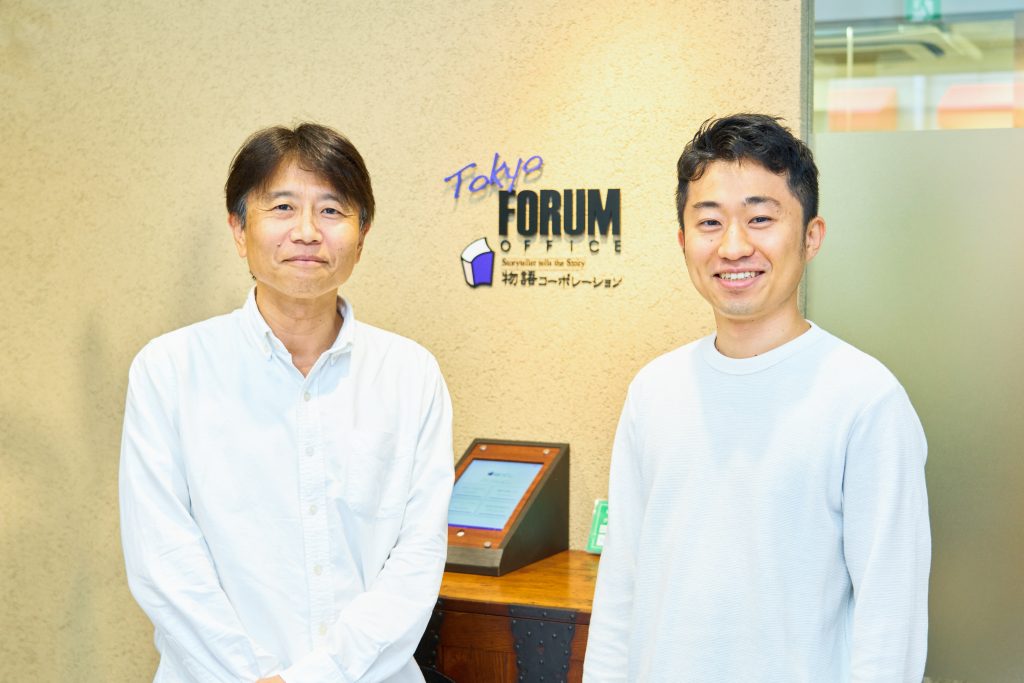
Boosting App Ratings with Offshore Software Testing: A Monogatari Corporation Case Study
| Company name | Monogatari Corporation |
|---|---|
| Business | Restaurant operations and franchise chain development. |
| Company size | Over 1000 |
| Services used |
|
This case study explores how Monogatari Corporation, a leading restaurant chain operator, significantly improved the quality and ratings of its official restaurant apps by leveraging offshore software testing. Despite the initial absence of specification documents, the strategic partnership with SHIFT ASIA enabled effective bug detection and resolution, elevating app store ratings from an average of 1 to 4.6. The study highlights the challenges faced, the innovative solutions implemented, and the remarkable outcomes achieved through dedicated software testing efforts.
About the company:
Monogatari Corporation operates various restaurants, including the yakiniku chain “Yakiniku King,” as well as okonomiyaki and ramen restaurants. The company focuses on measures to retain existing customers and, as part of this, offers official restaurant apps under nine brands as of June 2023. However, prioritizing the speed of app release and development costs led to many bugs being reported and low ratings in the app store. To improve app quality, they opted for offshore testing to detect and fix these bugs. We interviewed a company’s digital marketing department member to discuss the challenges and benefits of offshore testing and the outcomes achieved.
The interview:
Q: Why is Monogatari Corporation, which operates many brands, offering nine official restaurant apps? What is your company’s objective in operating an official restaurant app?
Mr. Muramatsu: To increase the value of our restaurant brands, we aim to provide customers with fresh information, increase the number of repeat customers, and ultimately boost sales. Utilizing the extensive data obtained from the apps also helps plan promotional measures.
Q: What are the unique features of your company’s official restaurant app operation?
Mr. Muramatsu: I have experience as a marketer for major restaurant chains and advertising agencies. However, this is the first time I have seen a case where nine brands developed and operated their own apps. In fact, four apps have been released in just eight months, from October 2023 to now, with some brands releasing apps even when they only had one store. Instead of placing regular TV commercials to attract new customers, we aim to make customers smile and feel energized by delicious food, encouraging them to return. The profitability of development and operation costs is considered from a long-term perspective.
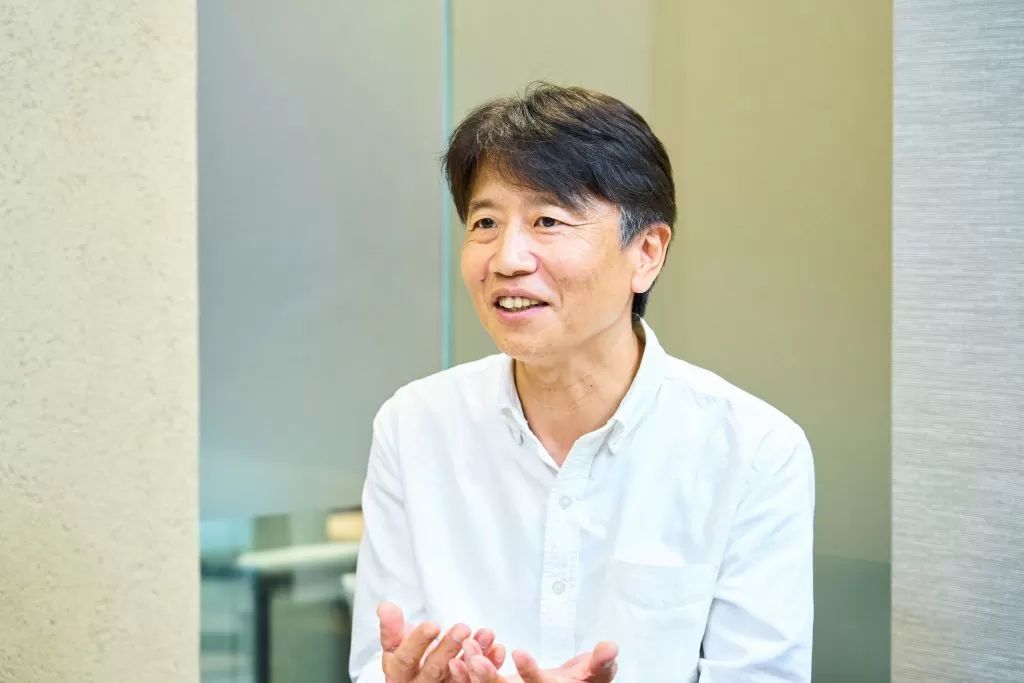
Mr. Kawabata: We believe that speed is important when releasing and updating the functions of an official restaurant app. To realize our company’s vision of “bringing amazing smiles and genuine energy” through our app, it is important that customers are pleased with new functions and information every time they use the app.
One feature that customers particularly value in official restaurant apps is the coupon feature. Customers can collect stamps to receive coupons, making it fun for them. In addition, for brands that allow reservations, the app also includes a feature enabling customers to easily make reservations from within the app.
Q: What do you focus on when testing the software for an official restaurant app?
Mr. Kawabata: Bugs can occur in previous features when new ones are implemented. To maintain app quality, we conduct software testing whenever new features are added and update previous features based on the results. We use a common framework for our apps, so if a problem is found during testing in one app, it can also improve others.
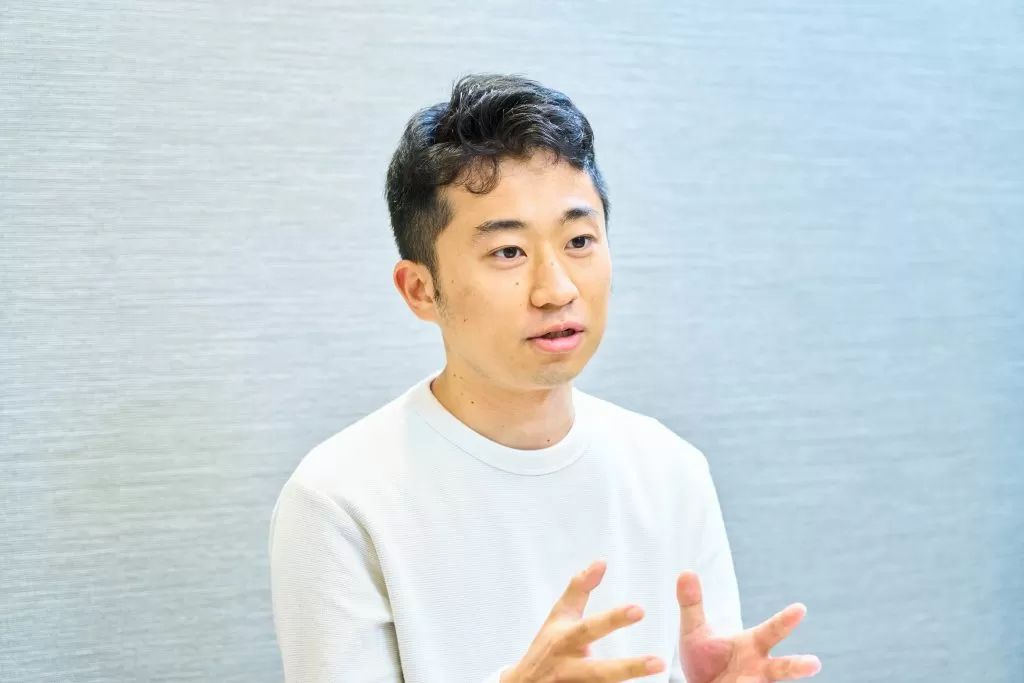
Q: What do you focus on when testing the software for an official restaurant app?
Mr. Kawabata: Bugs can occur in previous features when new ones are implemented. To maintain app quality, we conduct software testing whenever new features are added and update previous features based on the results. We use a common framework for our apps, so if a problem is found during testing in one app, it can improve others as well.
Q: What aspects of our software testing do you evaluate?
Mr. Kawabata: The testers’ high skill level was evident in their quick responses and clear, accurate reports. The test design documents were easy to read and improved with each test. The testers’ perspective, which is close to that of actual customers, is crucial.
Q: What challenges or concerns did you face that led you to undertake this initiative?
Mr. Muramatsu: Before we joined the company, five official apps had already been released without specifications due to cost and time constraints. Designing and executing software tests without specifications is extremely difficult. The most serious issue was the low rating in the app store. In addition to the fact that the app was developed on a short schedule to keep development costs down, there was no adequate software testing, so errors occurred frequently, and the app would often stop working. Many comments reported such problems, so the average rating in the store was in the 1-point range.
Mr. Kawabata: Software testing checks if every function in the app works correctly according to the specifications. Without specifications, testing must be done without criteria for determining correctness.
Q: What made you choose our software testing services?
Mr. Kawabata: Our company had previously worked with SHIFT ASIA on another project, so we decided to try their software testing services. Despite initial communication issues due to language barriers, the testing quality was satisfactory, and they promised a Japanese PM for future projects, which encouraged us to continue with their services.
Mr. Muramatsu: Cost was the most important factor. Although essential, software testing is not directly linked to sales, making it hard to secure a budget. SHIFT ASIA’s estimate was about 70% of other companies, and their previous work confirmed their test quality, making the decision smooth.
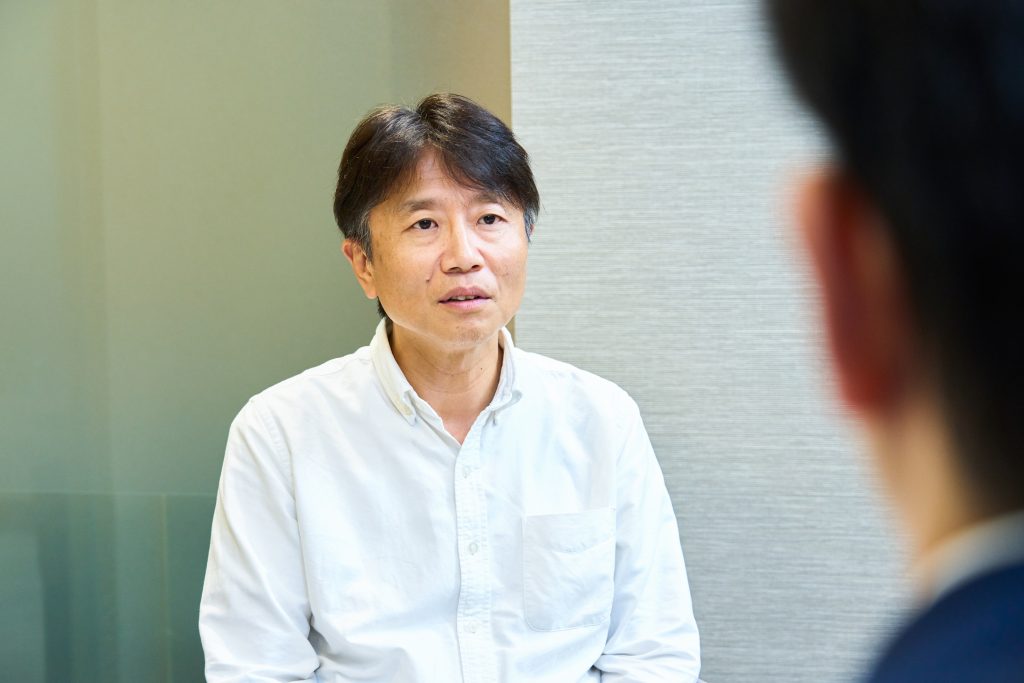
Q: Please tell us the overall schedule for the offshore testing effort.
Mr. Muramatsu: We requested software testing for four apps released after October 2023. We released four apps in about eight months: October and December 2023, March and April 2024. SHIFT ASIA could meet our tight schedule, even with only 1-2 months of preparation.
Q: How did your software testing efforts progress?
Mr. Kawabata: We set up a system with two testers and a Japanese PM. We smoothly managed detailed communication, tasks, and progress using a project management tool. The PM acted as an intermediary, and the testers reported back to us, allowing for efficient bug fixing.
Mr. Muramatsu: Thanks to accumulated knowledge, SHIFT ASIA designed and carried out scenario tests despite the lack of app specifications.
Q: What results have you achieved through your offshore testing efforts?
Mr. Muramatsu: Initially, we found more bugs than expected, but the number decreased with each test. The detected bugs are being communicated to the development team and taken into account for the development of the next official restaurant app release. As a result, the number of bugs found in the initial software test stage of the most recently released app has decreased by over half.
One surprising discovery during bug detection was that the software testing of the newly released app also uncovered bugs in previous apps released before this initiative. The five previously released apps and the four newly released apps share the same platform, causing some bugs to be shared. It is considered a great success that not only the targeted application for software testing, but also bugs in past applications that were not specifically targeted, were identified.
The impact of the testing was seen in the improvement of the entire application. This has changed my perception of “software testing.” Additionally, the cost of testing was approximately 70% of what was initially expected, leaving me very satisfied.
Mr. Kawabata: Through repeated testing, the number of bugs found during the first test was reduced by more than half, and the app store ratings have increased as we fixed bugs in existing apps. For example, the Yakiniku King Official App now has 27,000 ratings and an average of 4.6 (compared to 1 before), with zero daily complaints.
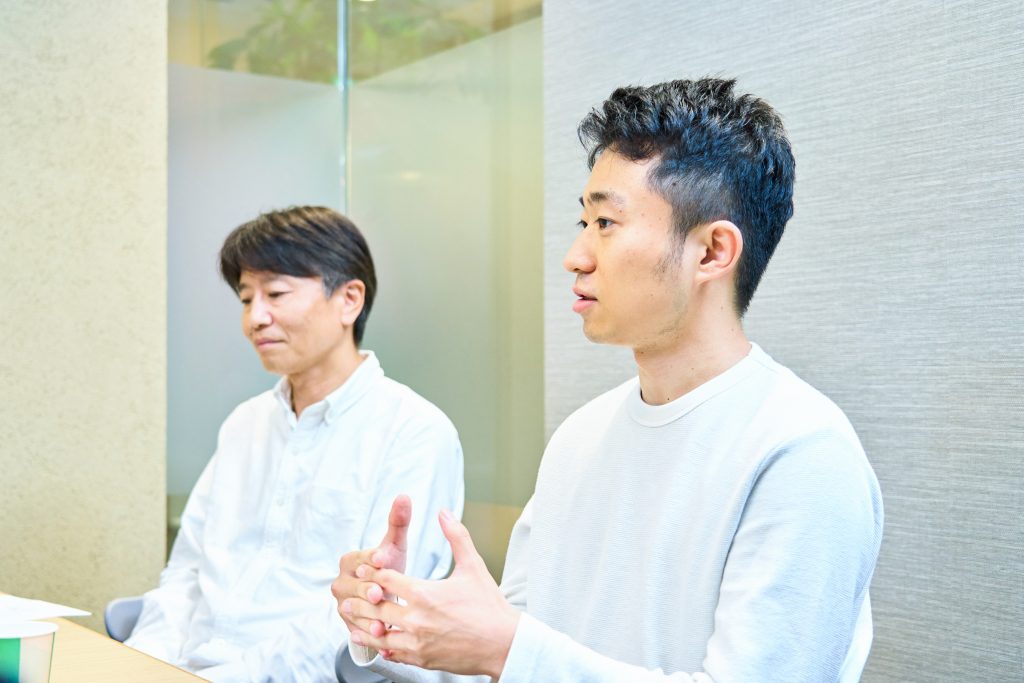
Moving forward
Mr. Muramatsu: We aim to continue developing new business formats, brands, and businesses, focusing on official restaurant apps and data utilization. Software testing is essential, and we look forward to SHIFT ASIA’s continued support.
Mr. Kawabata: Management requests improvements to both new and existing apps. We aim to ensure app quality while adding new functions and providing customers with a comfortable app experience.
Q: What advice would you give to people considering software testing outsourcing?
Mr. Muramatsu: Although convenient, software testing should be performed by a third party not involved in app development to detect defects from a customer’s perspective.
Mr. Kawabata: Offshore testing services like SHIFT ASIA allow for high-quality testing at lower costs. Whether your company has released an app or is planning to, consider reaching out for software testing services.

Company name: Monogatari Corporation
Business: Restaurant operations and franchise chain development
Website: https://www.monogatari.co.jp/
ContactContact
Stay in touch with Us




